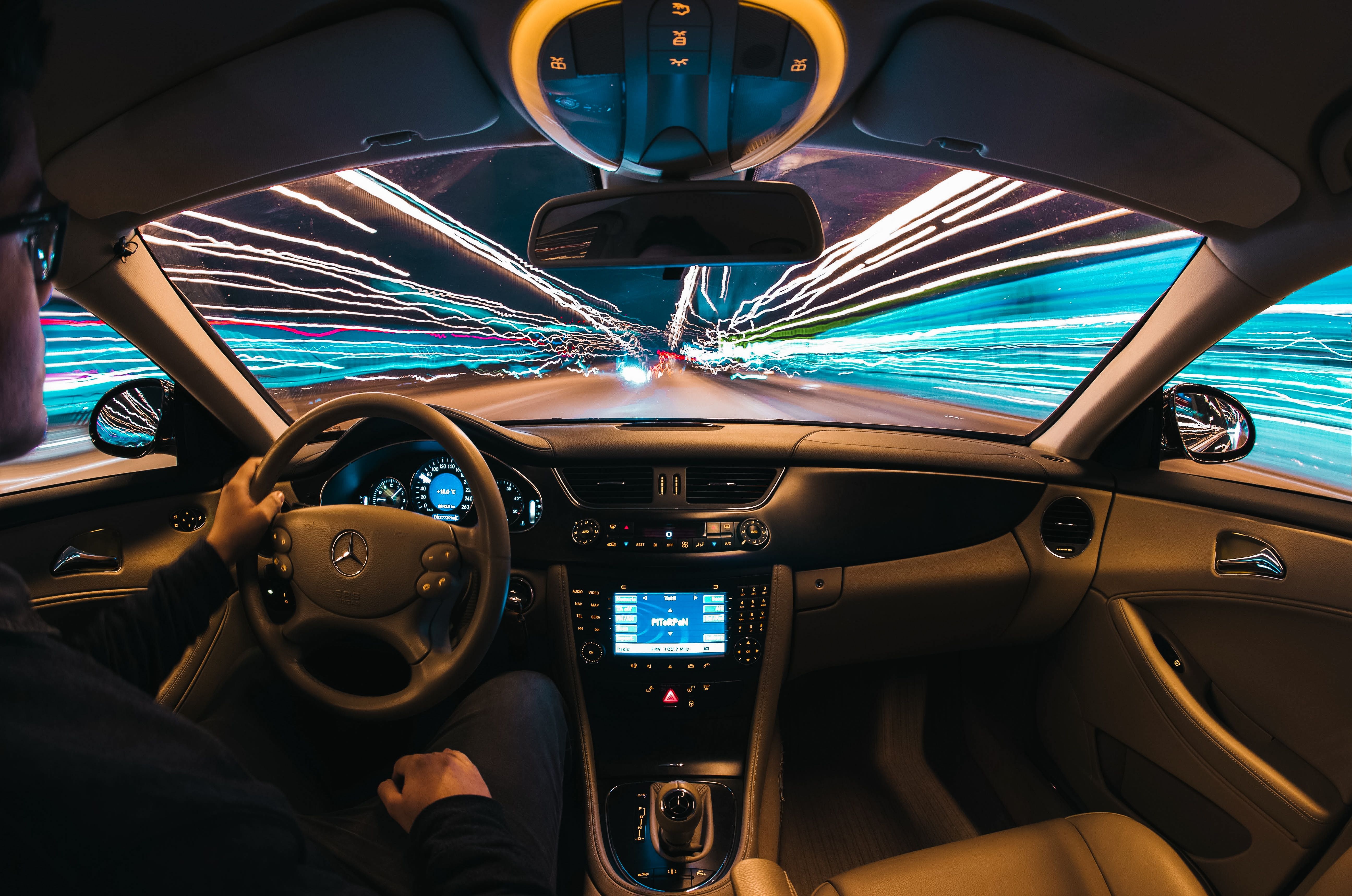Whether it’s music festivals or graduating students, June and July are often alcohol-fuelled months, providing many events or occasions that it’s tempting to drive home from, even if you’re slightly worse for wear.
So it’s no surprise the police often choose this time of year – the build-up to Christmas is another favoured occasion – to launch a new campaign cracking down on all drink and drug driving.
Given that most drink/drug-related accidents happen on Friday, Saturday or Sunday, the new campaign will focus on the next two weekends, covering a period starting tomorrow and continuing until July 2.
Strict laws, lenient enforcement
Denmark has a strict drink drinking law that permits motorists to have a maximum of 0.5 milligrams of alcohol for every millilitre of blood. Culprits can lose their driving licence for at least six months, but this can increase to 10 years in serious cases.
According to the European Survey Research Association, Danish drivers are the second least likely in Europe to be stopped by the police for a random check of their alcohol and drug consumption.
Police increase random checks
According to Sikker Traffic over the last 10 years a large decrease has been seen in alcohol consumption related accidents however in recent years this decrease has seemed to stagnate.
While drinking and driving have decreased among the general population, it hasn’t among the younger drivers (ages 17-24). In 2019, 9 percent of younger drivers have declared having driven under the influence whereas in 2022 that number has increased to 15 percent.















